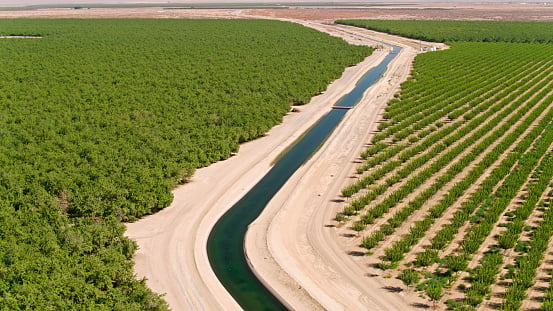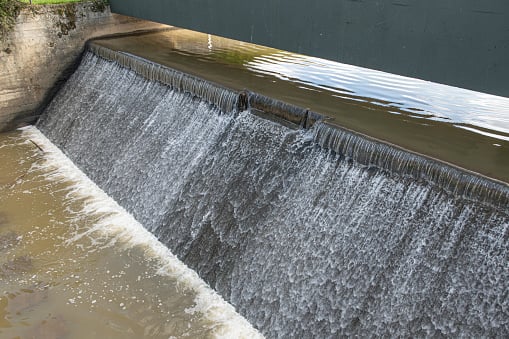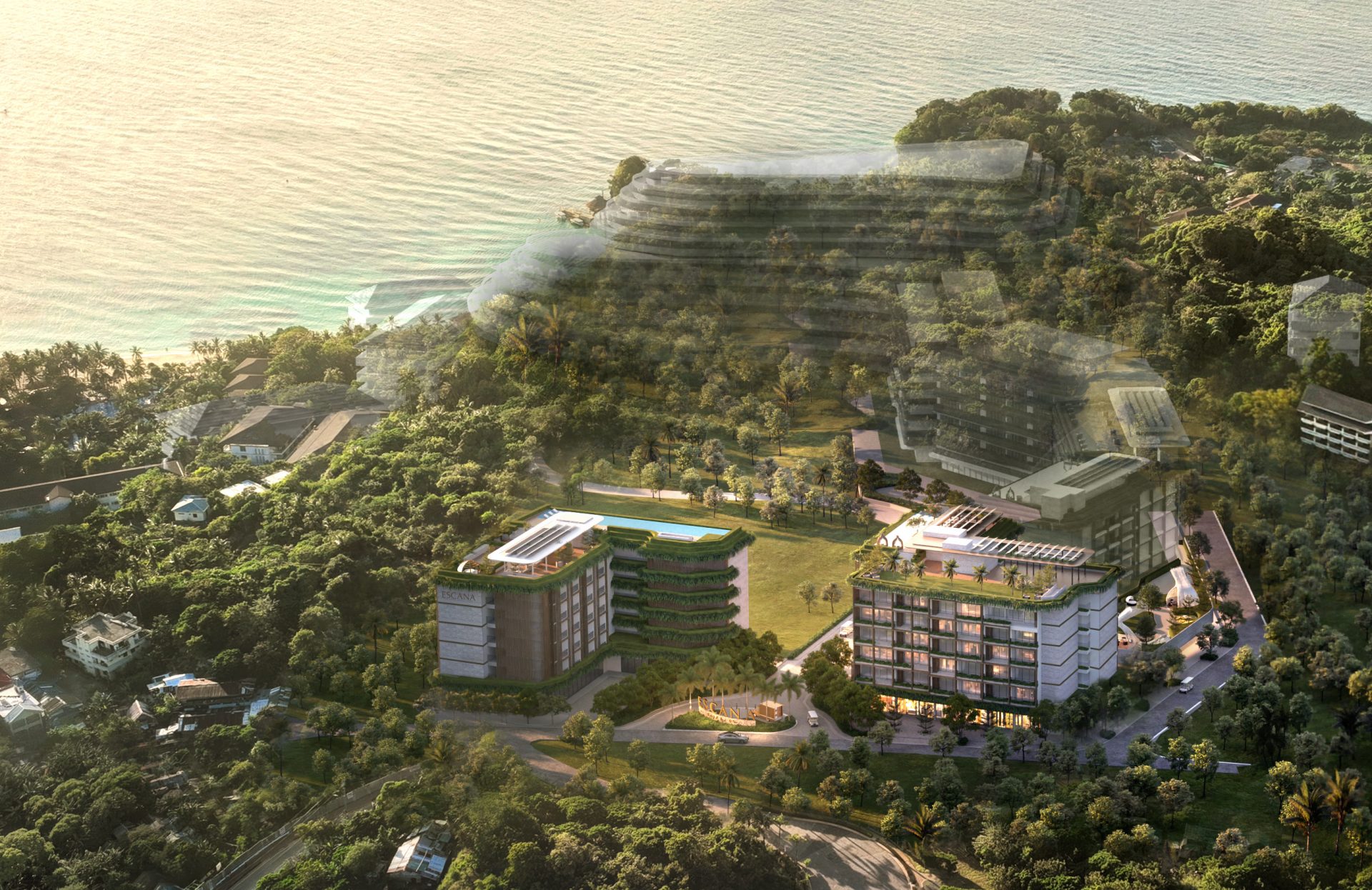BLOGS
What Is The Water Code Of The Philippines
WATER- a basic necessity in our everyday lives. The many purposes people do with it include drinking, washing the clothes and home utensils, watering the farm animals or your pet, and other commercial businesses. Most people do not understand the importance of clean water supply and misuse it. While the demands and populations increase, so is the use of water for the changing needs.
But did you ever wonder what are the ownership and territorial rights of the water here in the Philippines? It is important for the water users to know such rights that cover their area of living.
There is an existing law named as the Water Code of the Philippines or the Presidential Decree No. 1067. It is made for the adherence of all issues related to the water bodies in the Philippines. The code also pertains to all water systems and ways within the country’s ownership including the ocean and airborne waters, and the ground and surface water.
Learn more about the basic law governing these water bodies.

Who owns water in the Philippines?
Though water is available everywhere, to whom does these waters belong to?
The decree instituting the Water Code states that all the waters belong to the State. When we say all waters, it includes the continuous flow of water in lands (waterfalls), water naturally rising on lands (lakes and lagoons), rainwater, and such. In article 3, it was mentioned that acquisitive prescription is not possible and only the State has the right to its development to achieve the improvement and protection of water resources through administrative concession.
Why are water codes important?
The making of the Water Code has important objectives like to provide clear guidelines regarding the conservation and protection of water resources and enhance the rational utilization or current usages. It also lets water users to be knowledgeable on their water use rights as citizens of the Philippines. The Water Code of the Philippines provides a thorough understanding for people to be prepared with the unforeseen challenges related to water including the increasing scarcity of water resources. The Code also institutes the basic principles and framework that help with the utilization and optimum development of the water resources. And further below, it also discusses the administrative agencies who are responsible for the enforcement of this Code.
To properly manage the governing laws, the National Water Resources Board (NWRB) under the water sector of the country, is in-charge of the regulation and policies related to water use. They are responsible for ensuring that the law continues to seek, control, and manage the utilization, exploitation, development, conservation and protection of all water resources and its surrounding area including the land related thereto. They aim to educate people and make them fully aware of the use of water, pollution causes, water permit applications, water regulation, and the acts that might lead to fines and penalties.
How do I get water rights in the Philippines?
What exactly is Water Rights? It is an entitlement granted by the government for the appropriate use of water. While the water permit is the physical evidence or document that proves your water right. And so, the general rule is that no one is able to acquire a legal right to any water resources without a supporting document of a water permit.
The National Water Resources Council qualifies and grants the Filipino citizens in the country, corporations with at least 60% capital, and government entities with water rights. Water permit is granted for the purpose of irrigation, power, fisheries, industrial, recreational and commercial, and other objects that are subject to the changing needs. However, before giving the water permit, a thorough investigation is done to review water charges. The process includes conduction of hearings where it will tell whether or not the permit will be granted.

The series of hearings will discuss the volume of water for beneficial use, possible conflicts on the grantees’ personal interest, effects on the environment, and other objects and subjects.
On the other hand, an exemption to water permit is granted to those who use the water bodies for hand carried receptacles, washing of domestic or farm animals, and transportation of other objects by floating it.
What is the importance of the Water Code of the Philippines?
The laws enforce and establish the basic principles and framework relating not only to the conservation of water resources but also to the embodiment of the country. Below are the underlying principles and framework relating the importance of having a Water Code:
Use of Water
As we know that water is one of the primary necessities of every human being, it is also used in many different economic activities. The common means of living of Filipinos are through fishing and farming. The marine and agricultural areas are to be sought for proper attention to ensure that the livelihood of many citizens will not be compromised. The use of water also includes raising livestock including domestic or farm animals.
Our natural resources also depend on our rich agriculture which also contributes greatly to our economic growth and stability. A proper irrigation act and system is needed to achieve optimum development. Another economic activity that the Philippines is known for is its tourism. Beaches with white sands, waterfalls, rivers, and other natural bodies are also managed by the water code based on its governing laws. They seek to ensure that problems like water pollution are avoided.
Citizen’s Welfare
As stated in the chapter 5 of the Water Code of the Philippines, preventive measures are being made by the Secretary of Public Works, Transportation, and Communications. If such disasters happen including floods, changing patterns of the waterways, or river encroachment, the board is prepared to minimize harm to such extent. Some projects that ensure the safety of the citizens are creating drainage systems and building flood control structures.
Aside from the natural disasters, the need to sustain water supply is an urgent demand. The statistics show that economic growth and country’s population are rapidly growing. With that being a concern, it implies a higher risk of water pollution and higher demand from water users. Nevertheless, the Code is sufficiently flexible to adhere the continuous well ownership, appropriation, utilization, exploitation, and protection of the waters.

The Rational Utilization of Waters
The proper use of waters granted to anyone shall also include basic principles following the State’s guidelines. Some of those are:
- When an organization/person works with storing and transporting water resources, they are required to have a proper measure to prevent and control incubation of bacteria that can cause diseases.
- If tests and curing of waters are done for reuse, the utilization of recycled waters are possible except for direct human consumption.
- The constructed drainage systems shall lead its outlet to the natural bodies of water, if not so, to a course approved by a credible government agency.
Sanctions to the Violators of the Water Code
According to the Article 90 of the Water Code, a fine of not more than One Thousand Pesos (PHP 1,000) with a suspension or cancellation of water permit is conferred to the people with these following offenses:
- Failure to follow the existing guidelines in the rational utilization of water users
- Compelling groundwater of landowners without council registration
- Noncompliance to the requirements
- Illegal lease, selling, and transfer of water permit
- Others
Other violations and noncompliance that are greatly offensive to such extent can lead to imprisonment, dissolution of corporation, and a penalty.
Suggested Read: Licenses And Permits For Your Business















